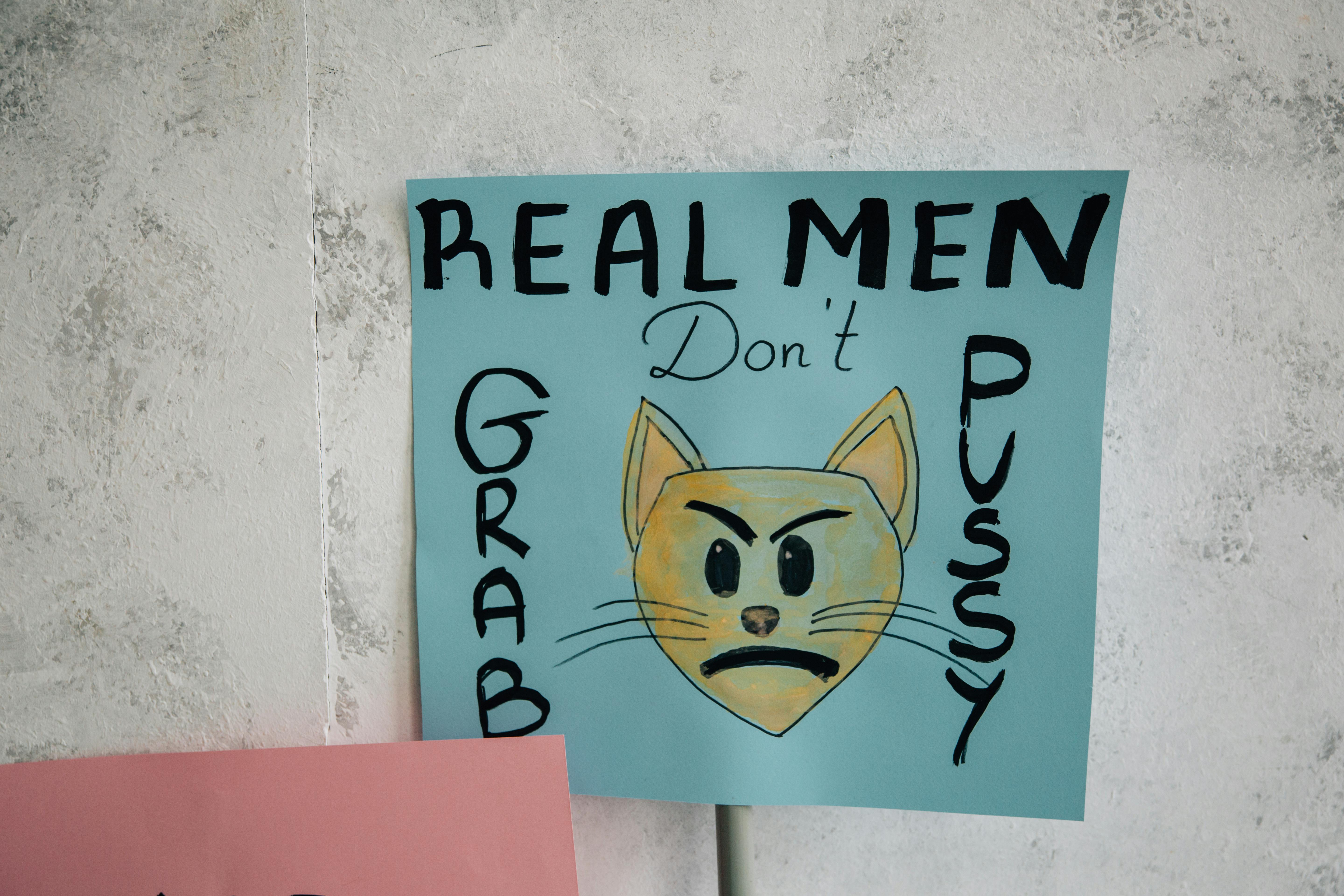The underlying motive of jazz is love and expression.
America’s art music ‘jazz’ is often associated with the word improvisation, however, improvisation and jazz are not synonymous; it is possible to improvise jazz, but the fact of improvising does not make it jazz.
You can improvise any form of music: rock, country, folk, etc., jazz is just one form of music where improvisation can be used.
Jazz education programs were introduced at universities and colleges in the 1950s; but it is sad to say that despite the best efforts and intentions of a handful of talented jazz musicians and educators, the result has been very confusing to both the novice jazz musician and the indiscriminate listening public.
In retrospect, the fundamental problems can be identified as follows:
1. Mass education methods that promote see-that-chord-play-that-scale type of playing, resulting in problem #1… musical conformity!
2. Rather than being taught by respected jazz musicians with a proven ‘real world’ track record, improvisation courses are mostly written and taught by classically trained ‘school teachers’ who have no real experience jazz outside the walls of the university; At best, these courses can describe ‘what’ a jazz musician did, but they can never explain ‘why’ they did it!
This lack of direct contact and communication with professional jazz practitioners is only the beginning of the problem; So let’s get a few things straight.
Jazz improvisation is note:
(a) play scales and arpeggios
(b) musical improvisation is not playing one musical lick after another
(c) show off: play as fast and loud as possible in the hope of impressing people with your technical facility on your instrument
(d) reproduce other people’s material
(e) play phrases from solo recordings or transcriptions
Jazz is a dialect of music that includes certain characteristics and certain values and excludes other characteristics and certain values.
The vitality of musical improvisation lies in the musical line, the musical statement… it’s ‘what’ you are saying, not ‘how’ you are saying it!
It would be much like if you were listening to a speech, the important thing would be the “message” the speaker was delivering, not the speaker’s appearance, the tone of his voice, or the color of his shoes; none of that would be his main concern, what really matters is his message; (a) what that message means to them; and (b) what your message means to you.
Jazz musicians have an attitude towards their craft; it’s more than his discipline, it’s a way of life… jazz is his religion.




